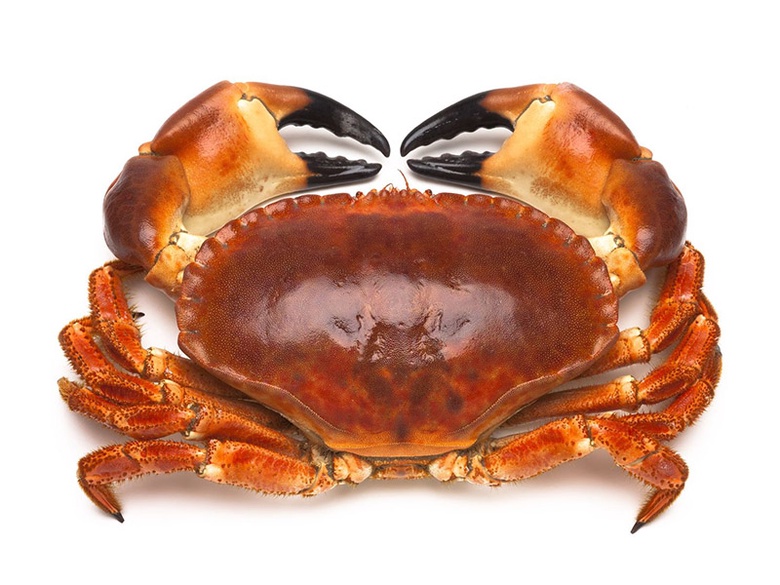
Crabmeat is an excellent source of protein and provides good levels of important minerals, vitamins and beneficial omega-3 fatty acids. However, the meat from the brown crab can also contain the heavy metal cadmium, accumulation of which can be toxic to humans.
The crab industry is commercially very important for Scotland and has increased over recent years partly due to increasing demand in the UK. However, due to the risk to human health of increased cadmium levels, SEFARI scientists carried out research using their expertise in analysing trace elements & heavy metals, and their experience in conducting human studies.
To investigate cadmium exposure and the toxic effects on the kidneys, healthy middle-aged volunteers were recruited. The cadmium levels of habitual crabmeat consumers were compared to volunteers who did not eat crabmeat. The results demonstrated that regular crabmeat consumers did not show increased levels of cadmium compared to those who don’t eat crabmeat.
As this work shows that cadmium present in crabmeat may pose a lower risk to consumer health than previously thought, it will form an important part of messages from the Scottish and UK shellfish industry to reassure consumers and increase public confidence in crabmeat products.
Would you like to read more? Our full case study was originally posted here
This work was conducted by Dr Alan Sneddon
Research funded by the Scottish Government as part of the Strategic Research Programme
